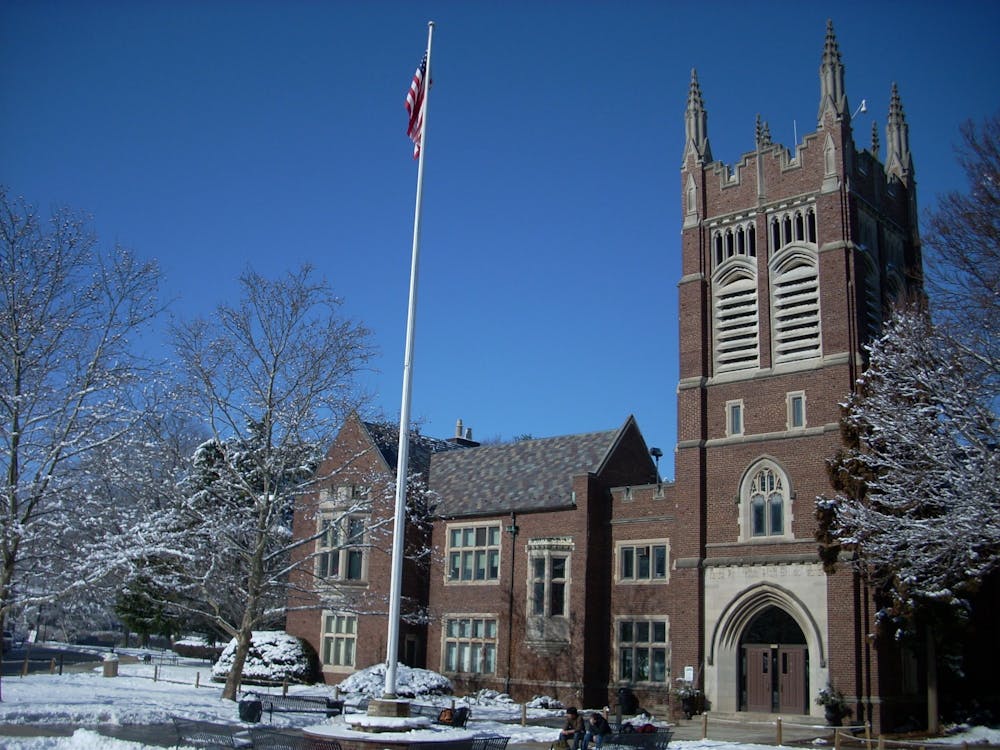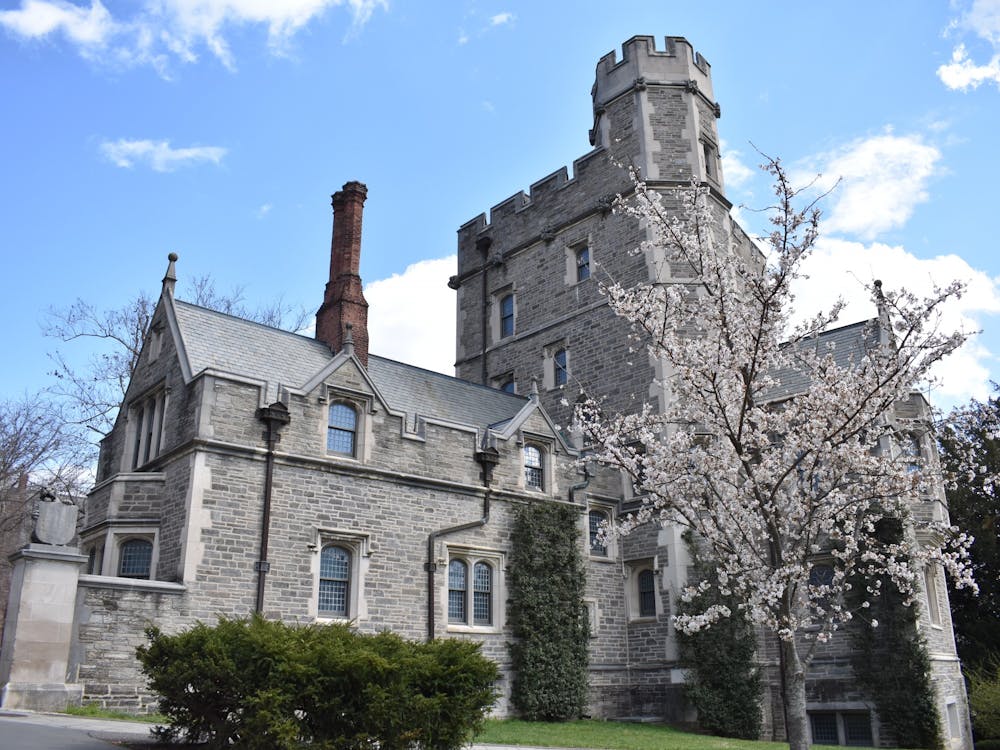It’s laudable many universities are taking the initiative to expand the diversity of applicants through removing the SAT and ACT standardized testing requirements — something Princeton has done as well, though temporarily. It’s true that these exams are stressful, time-consuming, and ludicrously expensive. Therefore, they are predatory to minorities and those of lower socioeconomic status.
However, don’t let this become some heartwarming story that covers up a critical issue at hand: secondary education is not equal in the United States, even when it comes to the matter of public schools.
This matter in particular was the focus of litigation in Colorado that ended in 2013 after an eight-year legal battle against the state Board of Education. The lawsuit, Lobato v. State, asserted that Colorado openly violated its own “free and equal” clause in terms of K-12 education. It involved several rural, underserved school districts in suit against the board. The rural school districts and students won at first, but the ruling was overturned in Denver, reestablishing that all Colorado public schools were a thorough and uniform system.
What this decision means is that the educational disparities in public K-12 schools persist. Under the funding system in Colorado, schools are funded by local property taxes. However, counties dealing with profound poverty and crime have fewer taxes (due to government-subsidized housing) and lower taxes from low property values. Thus, these destitute counties host underfunded, underperforming public institutions of education, whereas wealthier counties with much higher taxes and property values can maintain extremely high-quality public schools. Lobato v. State sought to remedy this gap, but higher courts threw out the case.
Speaking as a student who went all the way through and graduated from Trinidad School District #1, a rural public school district in Southern Colorado, I can assure you that public primary and secondary schools in the state are certainly free — but the education is nowhere near equivalent from one school to the next.
The school buses that serviced — and continue to service — the district range between 10 and 40 years old. A few of the buses in particular have been in commission since the 1970s. These buses often broke down while transporting students, and morning tardiness due to their malfunctions was common. Even more common was the fact that many of these buses had either inoperable or insufficient climate control.
Visits to the high school library were impossible. The doors were locked, the place was dark, and the books on the shelves predated the early 2000s. The librarian had been cut years ago. The library computers were dated and reserved for teachers, and often neither the teachers nor the students knew how to operate them. I actually entered Princeton in 2017 not knowing how to turn on the screen of an iPad.
Performing any form of science experiment was dangerous. The laboratory, a room about 10 feet by 10 feet, had not been refurbished since before my mother graduated in 1984. The last time the gas supply was turned on, the block had to be evacuated like Palmer Square was mere weeks ago.
Meanwhile, a few hours away in Aspen, Colo., the students at the public Aspen High School had lovely amenities. These included aviation and driving classes, swim teams, International Baccalaureate courses, and extensive visual and performing arts programs to whet any aesthete’s appetite. They had SAT/ACT prep courses in their curriculum, and pages upon pages of extracurricular clubs from service to STEM to arts and culture. Students had the opportunity to travel internationally for learning.
The impact was clear, given that the Aspen public school students of the Class of 2020 matriculated to esteemed universities, including Yale, Notre Dame, Colorado College, Stanford, Cornell University, Duke, and the University of Chicago.
In my home school district, we still do not have Advanced Placement courses or International Baccalaureate courses. We were never taught how to drive, and never in the district’s history were there SAT or ACT prep courses. Out of my high school class of 51 that graduated in 2017, about a dozen attempted to go to state universities within Colorado. More than half of those who were accepted into college have since dropped out, inadequately prepared by their under-resourced primary and secondary schools.
Thus, with no compelling STEM resources, zero access to decent literature, few options for athletics, a small band (and nothing else in terms of performing arts), and lagging internet availability as outlined in a previous column of mine, my classmates and I were still expected to compete on a national level and to excel in every way possible.

Dropping standardized test requirements does very little to help us; it’s only a tiny pixel in a massive, bleak image of the American public school system and its toxic inequalities.
If universities across the nation and their students are so concerned about equality in access to higher education, they need to courageously take on the responsibility to ameliorate these public education gaps.
Elite universities, like Princeton, need to go to state and federal lawmakers. It is apparent that the government will not listen to the poor, but maybe they will hear the wealthy and educated. Princeton and other institutions like it need to band together to push for real change in primary and secondary education systems, and call for action to obliterate inequalities in K-12 education and provide relief to those who need it most.
The burden further falls on the students of Princeton and other universities. Right now, hundreds of thousands of pupils who are pursuing careers in the government and thousands more are taking on activism for equality. Many more will simply turn the other cheek and ignore the matter, coming from a place of privilege that they refuse to leave. All of these students are tasked with finding and serving justice; I just ask that they choose to see the issue of public education, and understand the cry for help so many scream.
The public education system failed us. Please do not fail us as well.
Sally Jane Ruybalid is a member of the Class of 2022 in the School of Architecture from Trinidad, Colorado. She can be reached at sjr4@princeton.edu








